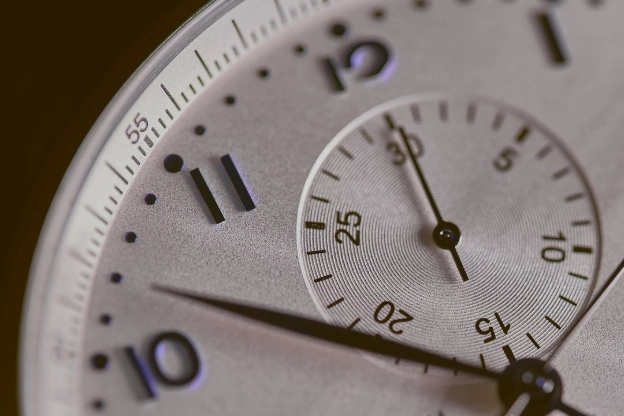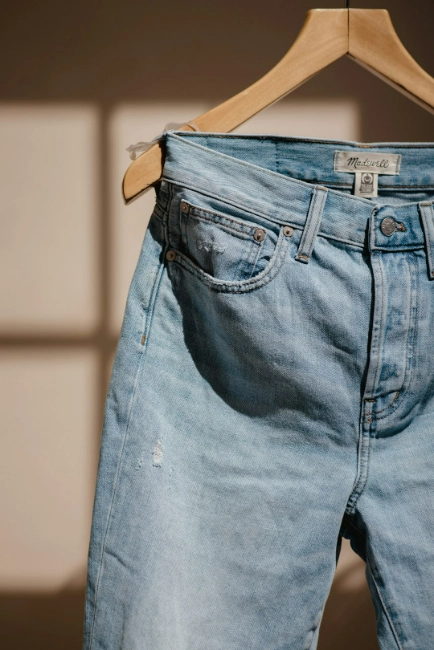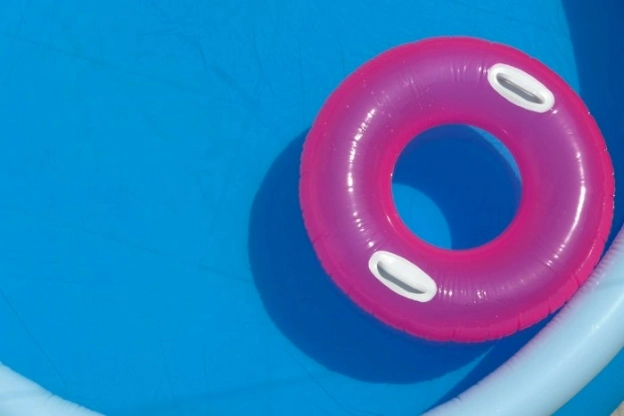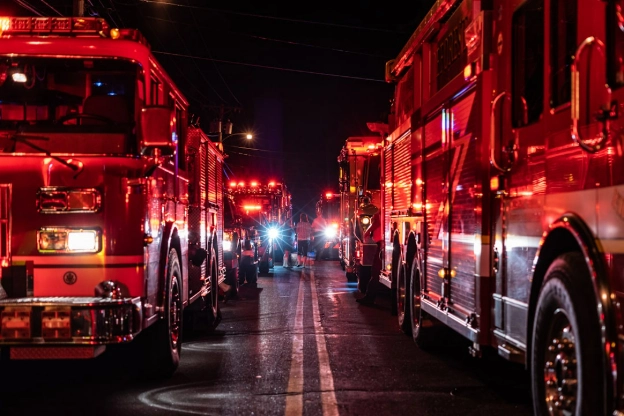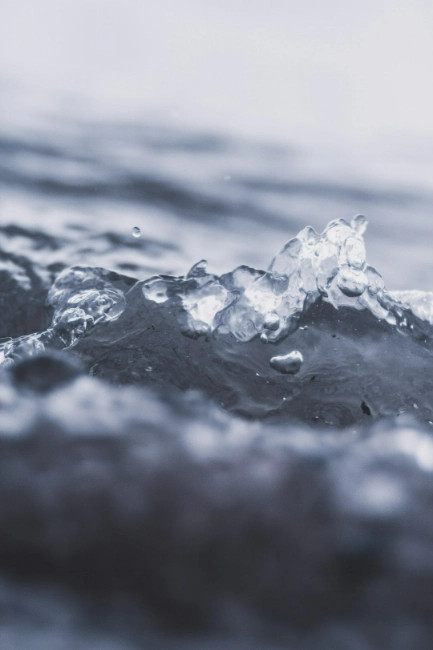The Menopause Diet
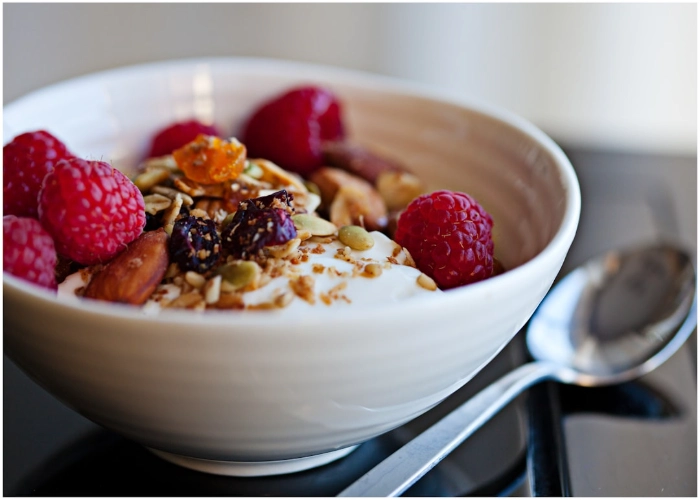
I've been hearing a lot lately about "The Menopause Diet"-- What is it? What do you eat on The Menopause Diet? What symptoms does it help with during menopause? While there have been several books on menopause published in the last few years that give specific advice about foods that combat menopause symptoms, I found a "diet" that is completely different from anything found in most menopause advice books: Intermittent Fasting.
In this article, I'm going to share the one big change in my diet that relieved my hot flashes, helped me sleep, and got rid of pain and puffiness during menopause. When my hot flashes were at their worst, I was constantly sweating. ALL DAY and ALL NIGHT LONG. I couldn't think clearly or sleep at night. I was completely miserable, all because of constant hot flashes. On top of that, my joints ached to the point that I couldn't do my workouts or enjoy the activities I love. I was at my wits end...Then I discovered intermittent fasting, and I couldn't believe how quickly it cured my hot flashes and other menopausal symptoms! Here is my story…
What is the best diet for menopausal symptoms, like hot flashes, insomnia, and joint pain?
Most books and diet plans that are focused on menopause suggest whole foods, which is great advice. However, my hot flashes continued to persist even after I cleaned up my diet. I needed something more than "the menopause diet" or a list of foods to eat or avoid. Once I found intermittent fasting, I felt immediate relief of my menopause symptoms. Here is a list of symptoms that my "menopause diet" or intermittent fasting freed me from:
Hot flashes
Insomnia
Rapid weight gain
Puffiness
Fatigue
Brain fog
Mood swings
I experienced all of these symptoms, making it tough to even get through the day. I was miserable at work. I was miserable at home. I was miserable during the day. I was miserable at night. You get the picture. I was not a happy camper. The biggest thing for me about menopause: I just didn't feel like ME anymore. I felt like I had lost myself... lost my joy. Life wasn't fun. It was pure misery. I needed a miracle! So I started searching and researching. Reading and listening... then I discovered intermittent fasting for women over 50. Like me!
What is intermittent fasting and how can it help with menopausal symptoms?
When I heard that intermittent fasting could cure my hot flashes, I figured I had nothing to lose by trying it. There was nothing to buy and no rearranging my schedule to add another thing to my to do list. Here's what I learned: in order to really tackle inflammation and get rid of hot flashes, I fasted for 20 hours each day and had an eating window of four hours. For example, I start fasting at 8:00 p.m. each evening— no eating or drinking other than water after 8:00 p.m. I usually go to bed by 10:00 p.m. and wake up around 4:00 a.m. I skip both breakfast and lunch. At 4:00 p.m. I have a snack, usually plain yogurt topped with fruit and honey. At 6:30pm I eat a high protein dinner. This is during my four hour eating window— from 4:00 p.m. until 8:00 p.m. After 8:00 p.m., I don't eat again until the next day at 4:00 p.m. This is my 20-hour fasting window. When I first started this 20:4 intermittent fasting routine, it relieved my hot flashes within three days. I couldn’t believe that it was this simple.
HOWEVER, starting on the intermittent fasting journey isn't easy. It takes some planning and strong mindset to decide you won't eat or drink anything that contains calories for 20 hours and then stick to it. I'll be the first to admit that the first few days were hard. Not impossible, but hard. After two or three days, especially if you are beginning to feel relief from hot flashes or other menopause symptoms, you will be ALL IN on intermittent fasting. Then you can continue for as many days as works for you and your lifestyle. Intermittent fasting has become my lifestyle, making all things simpler:
No packing lunch or doing meal prep before work
No stopping at fast food restaurants
No spending money when I forget to pack lunch
No wondering what to make for breakfast
More time in the morning to read and drink coffee (plain, no cream or sugar)
No more paying premium prices for mediocre food on long trips
Save time on trips-- no stopping for food, snacks, drinks, etc.
Once you see and feel the benefits intermittent fasting can bring to your life, it will be easy, enjoyable, and a healthy habit. After only three days on this new "menopause diet", my hot flashes stopped completely. So I continued to fast on most days, usually Monday through Friday at work. It's been almost three years since I started intermittent fasting, and I still fast on most days. On the weekends or special occasions, I've been more relaxed. When you get invited to a special dinner or party, go and eat the cake, guilt free!
What Foods are Best to Incorporate into the Menopause Diet?
When I first started intermittent fasting, I only focused on the TIME periods of the day when I was fasting and eating. Once I got the hang of that, I paid more attention to the types of food I was eating. I stuck mostly to whole, unprocessed foods (you know, the stuff on the outer edge of the grocery store). Here are just a few of my favorite "menopause diet" staples:
Coffee with grass-fed cream
whole Greek yogurt with berries and honey
Angus beef patties
Rib eye steaks
local organic farm eggs
organic fruit
organic cucumbers
Kalamata olives in brine (not canola oil)
Sourdough bread
Eating a whole foods diet and avoiding ultra-processed junk food and fast food helped me feel better every day. I continue to have more energy, mental clarity, great skin and hair, healthy nails... all the items on our "Over 50" wish list. The other day, a college student in my writing class mentioned that he was a bit jealous of my energy level!
More Benefits of Intermittent Fasting
Once I started intermittent fasting, my hot flashes went away within three days (incredible!), and I started to notice other benefits:
Less puffiness
Weight loss
Better focus
No more joint pain
Clothes fitting better
Sleeping better
More energy
Less irritable
I couldn't believe the results I was getting! Because this experiment was so successful, I still practice intermittent fasting for 20 hours daily with a four-hour eating window almost every day. My hot flashes and other menopause symptoms have never returned.
If you'd like to know more about my "menopause diet" of intermittent fasting and what I found in my research, check out Dr. Jason Fung's website. He is an expert in the field of health and intermittent fasting. His extensive research is comprehensive and fascinating. Learn more about intermittent fasting at www.DoctorJasonFung.com
There are also some encouraging studies on intermittent fasting and menopause symptom relief. One article published by the National Institute of Health gives specifics on this study.
Looking for Hot Flash Relief?
Dear Reader, if you are suffering from hot flashes and need relief, consider intermittent fasting. It is the Ultimate Menopause Diet! It is ZERO cost, no risk, and can alleviate menopausal symptoms. You deserve to live your best life over the age of 50! If you want to learn more about feeling better, thriving through menopause, and kicking pain to the curb, join our email list at the Pain Free Over Fifty community. We'd love to hear from you! Wishing you less pain, more life, and much joy!
Jennifer Kaye
Read Next
Menopause Weight Loss Solutions
How Do I Get Rid of My Menopause Belly
What is Causing My Hot Flashes and Night Sweats?
Reducing Hot Flashes Naturally


